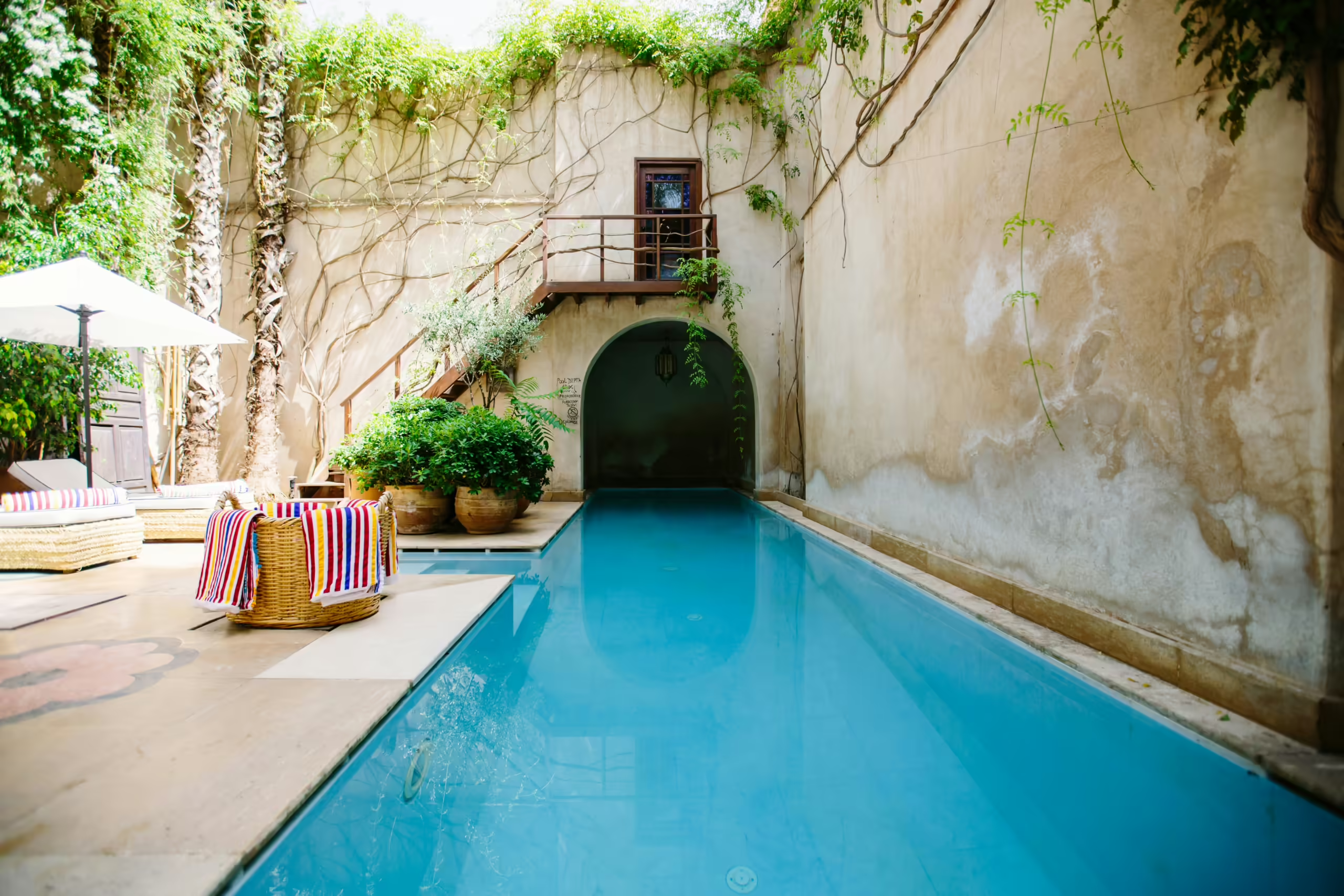A clean pool filter is the backbone of a sparkling swimming pool. By removing dirt, debris, and bacteria, your pool filter keeps the water clear and safe for swimmers. However, neglecting filter maintenance can result in cloudy water, inefficient circulation, and unnecessary strain on your pool’s equipment.
Whether you prefer DIY cleaning or are looking for “pool filter cleaning near me,” maintaining your filter is essential to extending your pool’s lifespan and ensuring optimal performance.
Understanding Pool Filter
Before diving into the cleaning process, it’s important to know the type of filter your pool uses. Each filter type has unique cleaning requirements and maintenance schedules.
1. Sand Filters
- How They Work: Sand filters use a bed of specially graded sand to trap particles as water passes through.
- Maintenance Needs: These filters require backwashing every few weeks and sand replacement every 3–5 years.
2. Cartridge Filters
- How They Work: Cartridge filters contain pleated fabric that captures fine debris.
- Maintenance Needs: Depending on pool usage, cleaning is needed every 2–6 weeks.
3. DE (Diatomaceous Earth) Filters
- How They Work: DE filters use a fine powder made from fossilized algae to trap particles as small as 2–5 microns.
- Maintenance Needs: Backwash regularly and add new DE powder after each cleaning. Perform a thorough cleaning every few months.
Step-by-Step Cleaning Instructions
How to Clean a Sand Filter
- Turn Off the Pump: Shut off your pool pump to prevent damage.
- Set to Backwash Mode: Adjust the valve to backwash and run the pump for 2–3 minutes to flush out debris.
- Rinse the Filter: Switch to the rinse setting for about a minute to clean remaining particles.
- Resume Filtration: Return the valve to the filter position and restart the pump.
How to Clean a Cartridge Filter
- Turn Off and Relieve Pressure: Shut off the pump and open the air relief valve.
- Remove the Cartridge: Take out the filter cartridge and inspect it for signs of wear.
- Hose It Down: Use a garden hose to rinse between the pleats, avoiding high-pressure sprays that can damage the fabric.
- Soak in Cleaner: Immerse the cartridge in a filter cleaner solution for deeper cleaning.
- Reinstall and Test: Reinsert the cartridge and test the system to ensure everything is working correctly.
How to Clean a DE Filter
- Turn Off the System: Shut off the pump and relieve system pressure.
- Backwash the Filter: Run the pump in backwash mode to remove used DE powder and trapped debris.
- Disassemble and Clean Grids: Open the filter tank, remove the grids, and rinse them thoroughly with a hose.
- Add New DE Powder: Reassemble the filter and add the recommended amount of DE powder through the skimmer.
Common Filter Maintenance Mistakes to Avoid
Proper filter care isn’t just about cleaning—it’s also about avoiding common pitfalls. Here’s what to watch out for:
- Over-Cleaning: Cleaning too often reduces filtration efficiency. Allow some dirt to build up, as it helps capture finer particles.
- Neglecting Replacement: Worn-out filters can’t function properly. Replace cartridge fabrics, sand, or DE powder as needed.
- Using Incorrect Chemicals: Always use cleaning products designed for your specific filter type to avoid damage.
FAQs
1. How often should I clean my pool filter?
The cleaning frequency depends on the type of filter:
- Sand Filters: Backwash every few weeks or when the pressure gauge rises by 8–10 psi.
- Cartridge Filters: Clean every 2–6 weeks, depending on pool usage.
- DE Filters: Backwash regularly and perform a deep clean every few months.
2. What are the signs that my pool filter needs cleaning?
Signs include:
- Cloudy or murky water.
- Increased pressure on the filter’s gauge.
- Reduced water flow or circulation.
- Visible debris buildup in the pool.
If you notice these issues, it’s time to clean your filter.
3. Can I clean my pool filter myself?
Yes, many homeowners clean their filters themselves. However, it’s essential to follow the correct procedure for your filter type (sand, cartridge, or DE) and use appropriate cleaning solutions. For thorough cleaning or complex issues, hiring a professional is recommended.
4. What happens if I don’t clean my pool filter regularly?
Neglecting filter maintenance can lead to:
- Cloudy or unsafe pool water.
- Reduced filtration efficiency.
- Increased strain on your pool pump and equipment.
- Higher energy bills and potential repair costs.
5. When should I replace my pool filter?
Filters should be replaced based on wear and performance:
- Cartridge Filters: Every 2–3 years.
- Sand Filters: Replace sand every 3–5 years.
- DE Filters: Replace grids as needed, usually every 5–10 years.
If cleaning no longer improves performance, it may be time to replace the filter.
Final Thoughts
Regular pool filter maintenance is key to keeping your pool water clear and your equipment running smoothly. Whether you handle the task yourself or enlist professional help, consistent care prevents costly repairs, extends the life of your pool system, and ensures a safe swimming environment.
For those seeking reliable assistance, Cabana Pools offers expert filter cleaning services tailored to your needs. Let us take care of your pool filter so you can focus on enjoying your pool worry-free. Contact us today to schedule a service!



